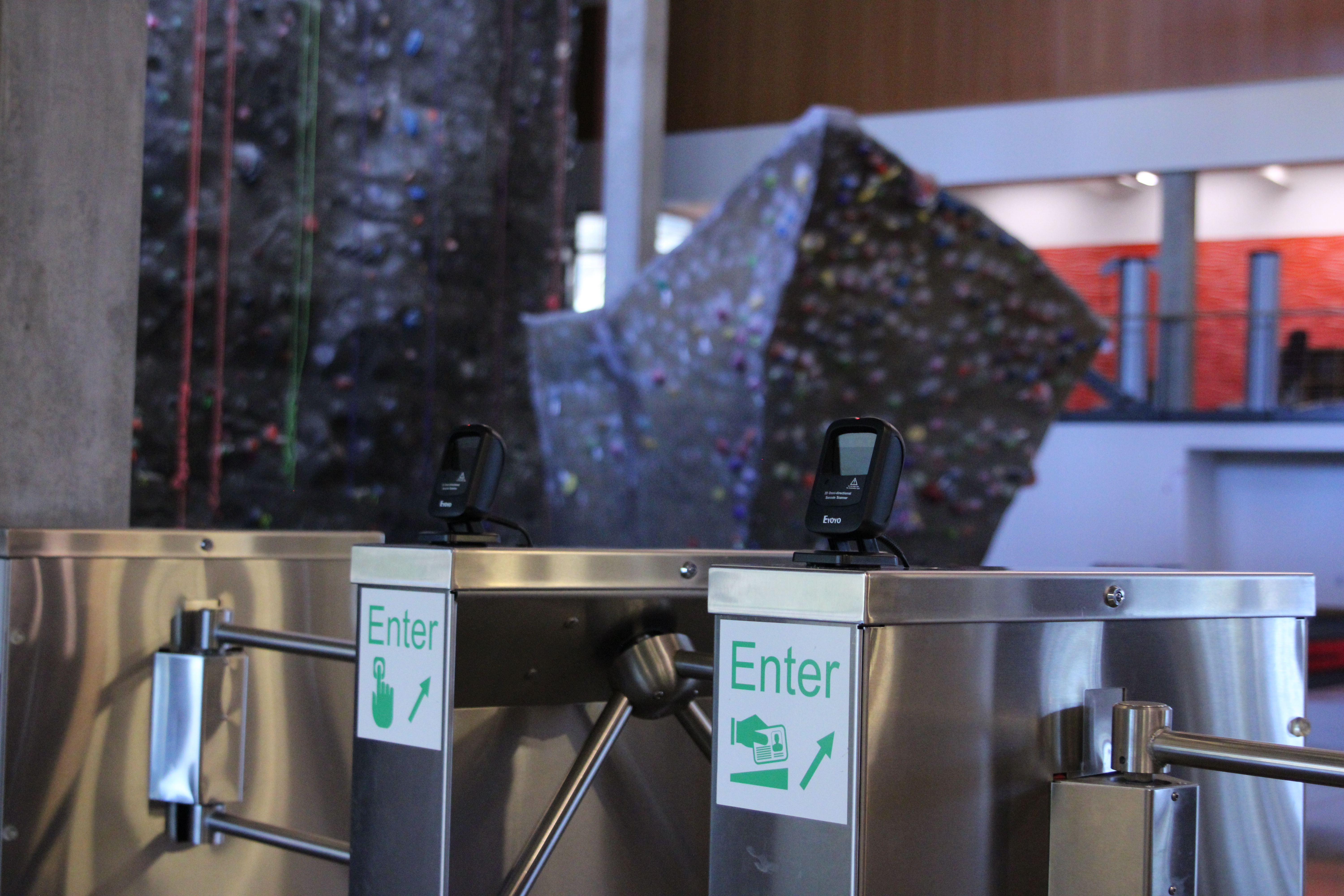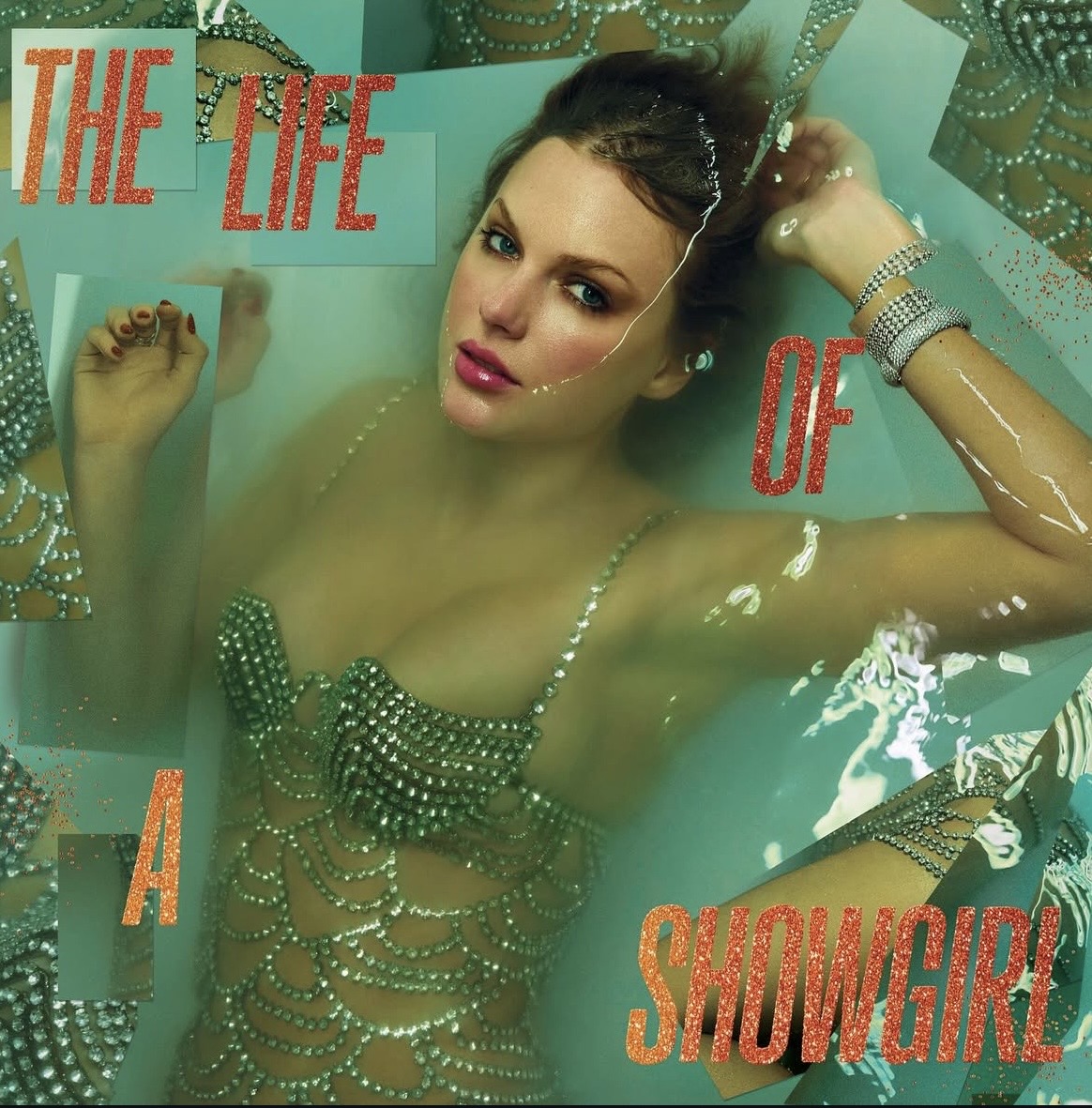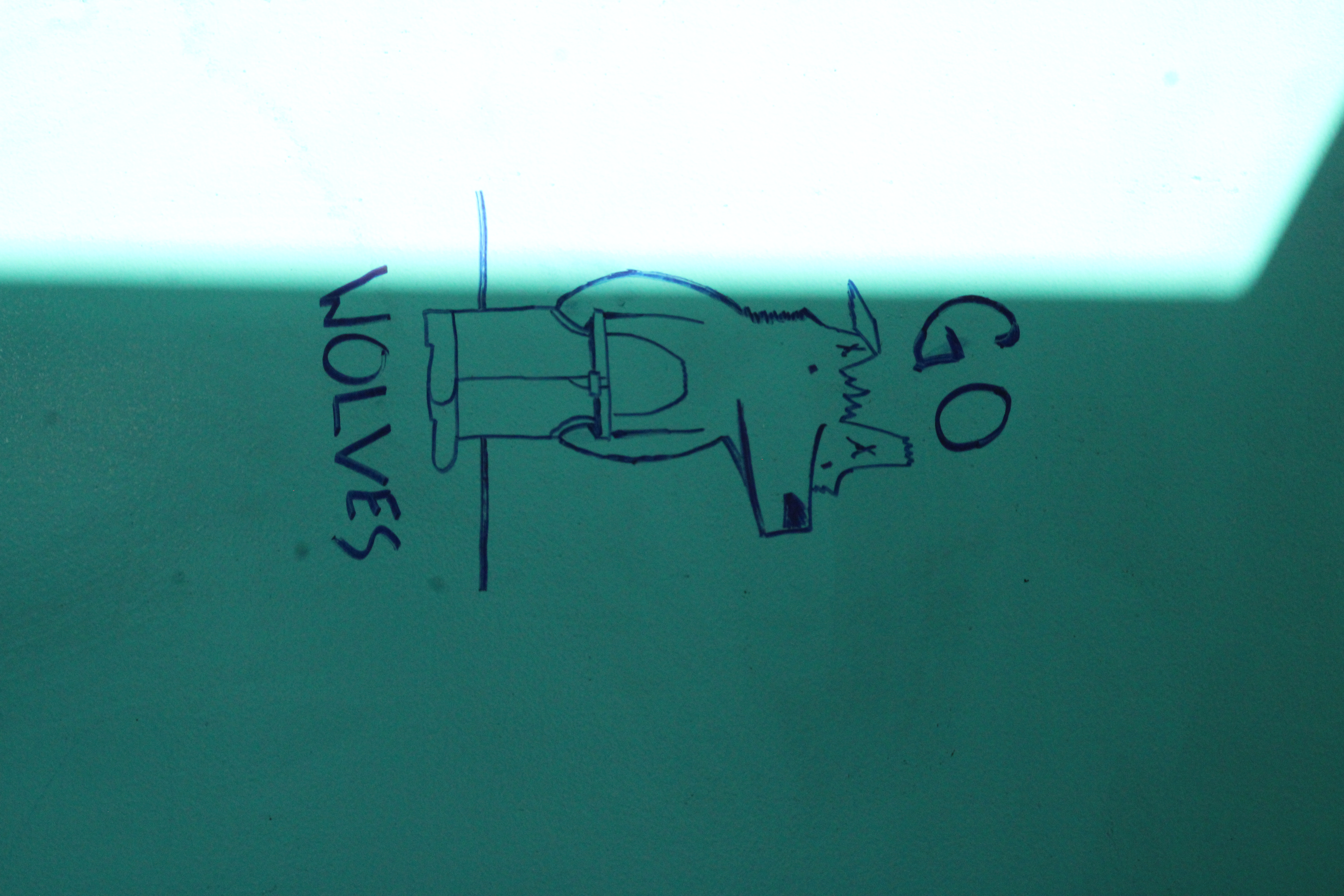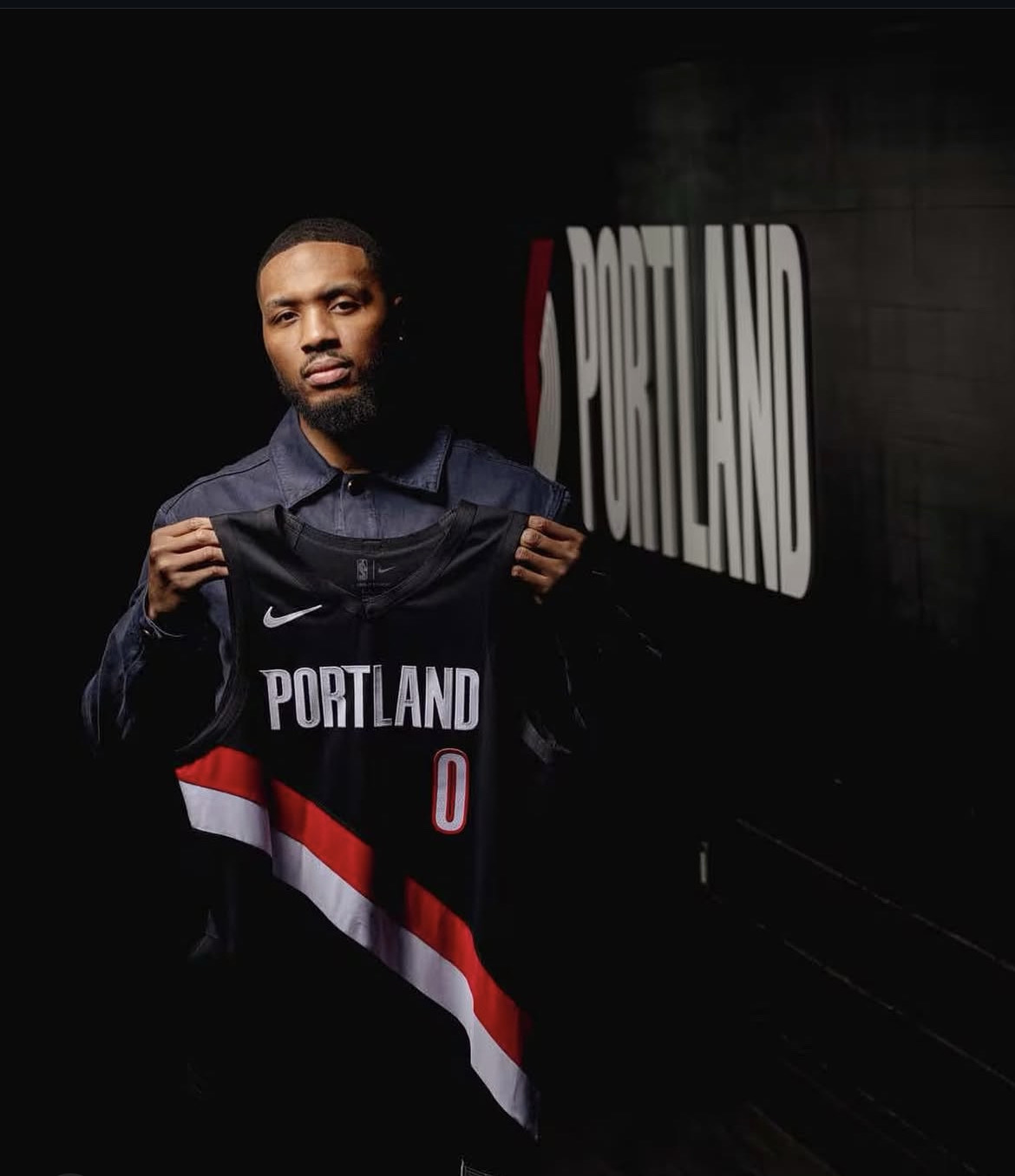
Photo of HWC’s entrance with scanners | Photo by Hannah Field
Oct 8 2025 | Abbi Duhart | News Editor
Buzz has been happening around campus about the new method of getting into the Health and Wellness Center. Students are using an online barcode found in Western’s Portal to scan at the entrance. In reality, this system of entry has been present since Fall 2024, but is now more widely implemented and known.
University Computing Solutions started the Banner optimization project, aiming to move Western to the use of Experience within the Portal. This was the start of the transition from using student ID cards to being able to use the barcode found in the Portal. Students can still use their Western ID cards in addition to the barcode. The use of the barcode through Experience enhanced the system that the HWC was already using. The decision to optimize Banner was university-wide, not just within the HWC.
To access this barcode, students should log in to their Portal — most likely on their phone — and then navigate to the Experience tab at the top next to Wolf Web. Students who have never used Experience before will be prompted to login with their Portal information and go through a tutorial. Using the options at the top, students can go to the tab “My Account,” which will include a box titled “WOU Barcode.” This is where students can access their barcode in order to get into the HWC.
Additionally, students can bookmark their barcode so it appears on the home page in the Experience tab, making it easier to access. The barcode can also be screenshotted and will still work when accessed from the camera roll. While the barcode is an option, students can also still use their Western ID cards to get into the HWC.
After entering the Experience tab, students can also navigate to “Services” and explore many of Western’s helpful resources, such as Financial Aid and the Writing Center. Students can also easily access different building schedules, like open hours at the Health and Wellness Center, encompassing the rock climbing wall, gym and pool.
When asked how she felt about the addition of the barcode as a way of entry, Diana Gray, a WSI swim instructor and guest services specialist at the HWC, said, “At first I struggled because it’s just new technology and I feel like a grandma sometimes. But now I appreciate it, learning where everything is in Experience, learning that all your services are all right here. Having access to everybody’s hours in one place without tapping all the apps in Portal is amazing. Change is hard and that’s okay.”
The barcode can be used in other places around campus, primarily Hamersly Library. Students still have to use their ID cards to swipe into athletic events, such as football games.
Campus Recreation has gone through other changes as well. The HWC director, Rip Horsey, explained that the HWC was able to implement more hours of operation for this term based on how well they did last year. The new hours so far this term include normal operation hours all days of the week, bouldering for the majority of the day, and top rope hours in the evening, but not on the weekends. In order to top rope, students must do a belay certification course first. Finally, the aquatic center has various hours throughout the day for lap swim, open swim and therapy pool. Aquatic hours were most adjusted this term to add more lap swim time and add two more lap swim lanes.
Horsey also said that the HWC is looking to add new equipment to the facility. A lifting area is being integrated downstairs. The HWC is also analyzing their budget, looking to add a couple of new stair climbers and slowly starting to phase out some of the older treadmills in favor of newer ones.
The HWC has various events happening throughout the year, such as squat and bench press competitions, hamster ball and Hoopfest. The marketing department is also looking to add a couple of other exciting events throughout the year. Students are encouraged to follow the Campus Recreation Instagram — @woucampusrecreation — to keep tabs on these events.
All Western students are encouraged to use the HWC whether they’re an athlete or not. There are many different amenities available for any type of student and many fun events that any student can participate in. Horsey encouraged, “We’re trying to do as much as we possibly can to try to engage folks, and not so much always in the traditional sport because sometimes it’s fun just going out to play.”
Contact the author at howlnews@mail.wou.edu






